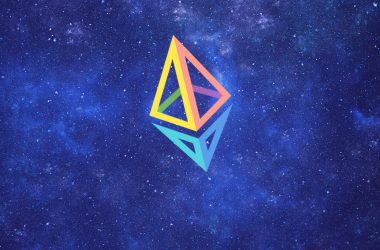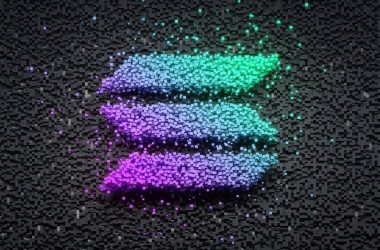Account abstraction is gaining speed in 2023, with its top-selling point targeting end users. Through account abstraction, the biggest difference is there is no need for personal crypto security for Web3 app users. Account abstraction allows Web3 users to just use their regular login, and be immediately ready to receive a digital asset balance or an NFT. New users do not need to go through the process of generating, then safely storing a 12-word phrase.
Account abstraction also means wallets are a type of smart contract, allowing projects to offer an integrated experience without using MetaMask. Web3 builders can pick up multiple resources to create such wallets, and Play2Moon picked the best providers of Account Abstraction for 2023.
Account abstraction tools range from basic wallets to specialized authentication tools, tying together Web2 identities and Web3 ownership.
Portis Wallet: Simplified App Creation
Portis wallet is an account abstraction tool that stresses its non-custodial nature. All smart contract wallets, or account abstraction wallets, do not hold funds on behalf of the users, and cannot lock or otherwise control the funds. Portis is embeddable into all apps, offering immediate blockchain onboarding. The Portis tool targets app builder teams and Web3 developers directly, instead of the end-user side as in the case of MetaMask.
Portis is a relatively older wallet, appearing first in 2021. The tool has been created by ShapeShift, one of the early crypto services for easy token and coin swaps. Portis also allows the same easy exchange feature, by also connecting to Dex and markets on behalf of the user. With Portis, end users may not need to specifically send their assets to an exchange, and can trade or swap some of the tokens from within the wallet.
Ignitions: Account Micro-Services
Ignitions has a more client-oriented approach with curated services. Ignitions offers a widget-based wallet integration, making it possible to connect MetaMask, or use an in-game wallet as the default. Widget integration is one of the tools offered for more easy integration into Web3 apps.
Ignitions also offers blockchain data with fast access, where players can see their game progress, NFT owned and other transactions in games and apps.
Web3 Auth: Focusing on Authorization and Security
Web3 Auth is one of the top sources for a decentralized, self-custodial wallet with complete control, yet no requirement to keep the entire private key. The project focuses on Web3 authentication, safely signing transactions and owning assets.
Web3 Auth offers multiple tools for multi-party computation (MPC) wallets, as well as account abstraction and seamless Web3 authentication. The Keyp service is specifically targeting NFT owners and gamers, while ZeroDev offers a no-code integration for in-app account creation. The Safe core SDK offers account abstraction and one of the most robust account abstraction wallets, with billions of assets already held.
Patch: The Social Media Wallet
Patch wallet bridges Web2 and Web3 by connecting social media to a tool for tokenized payments. Patch is targeting end users and social media personalities, connecting a crypto account to their social media handle.
Users of Patch can choose to accept tokens or NFT through a Twitter handle, GitHub account or more types of Web3 access points. Patch Wallet is also available to integrate into apps, which would allow users to retain their social media handles, while participating in a Web3 economy.
Patch users or businesses can also organize airdrops based on existing social media connections. This makes NFT campaigns and airdrops faster and simpler, while retaining valuable existing identities.
Biconomy: SDK to Create Custom AA Wallets
Biconomy is one of the older tools to create AA wallets for specific apps, as an in-house solution. Biconomy offers customizable modules in a flexible SDK to integrate the wallet in Web3 projects.
Biconomy also brings in Web2 users with the potential to carry Web3 assets and ownership. The main technology of Biconomy are ERC-4337 wallets, compatible with Ethereum and running on specific smart contracts. Biconomy also helps Web3 builders integrate fiat on-ramps, and run a traditional Web2 login, which also offers safe ownership.
Account abstraction remains one of the possible solutions for safer signing and smart contract usage. Wallets, where the private key is only held by the end user, are safe, but phishing can inadvertently make the user disclose the private key.
Account abstraction and other MPC-type wallets with smart contracts have not reported major breaches so far. For now, their risk remains unknown, but they are better protected from phishing attempts and wallet drainers, and better suited to allow listing and pre-screening.










